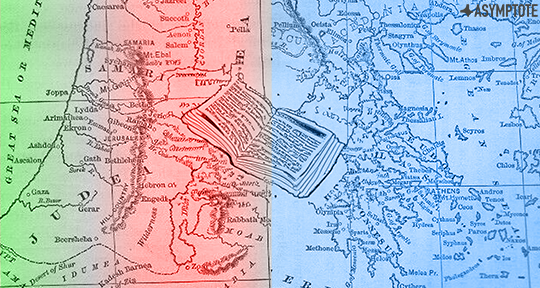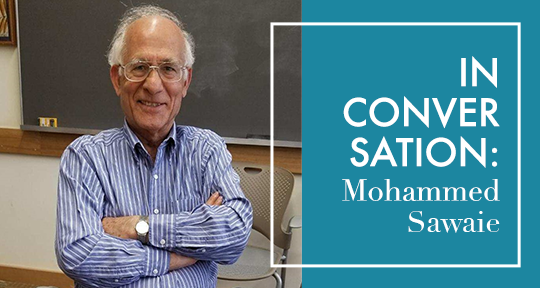To eradicate an archive is to destabilize lived presences, delegitimize extant lineages, and omit vital intellectual and socio-historical discourses from our understanding of the world. For over a decade, the international organization Librarians and Archivists with Palestine (LAP) has stood witness to this fact, creating programs and resources that detail the ongoing destruction of artifacts, heritage, and knowledge institutions throughout the region. In connecting workers, academics, and activists from around the world and within Palestine, the LAP has steadfastly ventured forward in their efforts to establish solidarity with Palestinian resistance, document the limitations put upon literary access, and highlight the importance of cultural and historical material in the ongoing resistance against Israeli occupation. In their reports, records span the ruination of rare collections, institutions, publishing houses, and libraries that provided shelter for displaced citizens—a brutal enforcement of forgetting that will have reverberations long into the future.
In this interview, Maggie Schreiner, an active member of LAP, speaks to us about acting against erasure, the many losses that have incurred, and defining solidarity over charity.
Julie Shi (JS): Librarians and Archivists with Palestine (LAP) describes itself as “a network of self-defined librarians, archivists, and information workers in solidarity with the Palestinian struggle for self-determination.” Could you share a little bit about how LAP came together, who you are, and the work that you do?
Maggie Schreiner (MS): We originally came together in 2013, and our original focus was on forming a delegation to go to the West Bank. We went as a group of twenty librarians, archivists, and information workers, and we spent two weeks travelling in the West Bank and Israel, which I will call ’48, in reference to the borders erected in 1948 during the Nakba. We met with Palestinian colleagues—librarians, archivists, and cultural workers—and, in the spirit of solidarity and collaboration, we learned about the work that they were doing and the struggles and challenges they faced because of the occupation.
When we came back, our initial work was really focused on what we’d learned on that trip. We did a lot of talks and lectures and we worked with the art book publisher Booklyn to create an art portfolio of posters, zines, and photographs documenting our trip. Eventually we decided that we wanted to become a more permanent organization to continue moving the work forward—and that’s when we became Librarians and Archivists with Palestine.
The “self-defined” language is because some people in our network are librarians or archivists for their day job, but other people might do this work primarily in a volunteer capacity, or they may do cultural work or information work writ large. We didn’t want the organization to be open to only those in professional roles; we wanted to have a wider range of people who could be involved. READ MORE…



